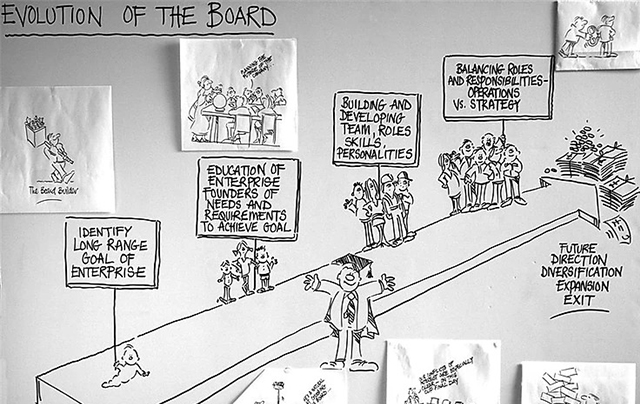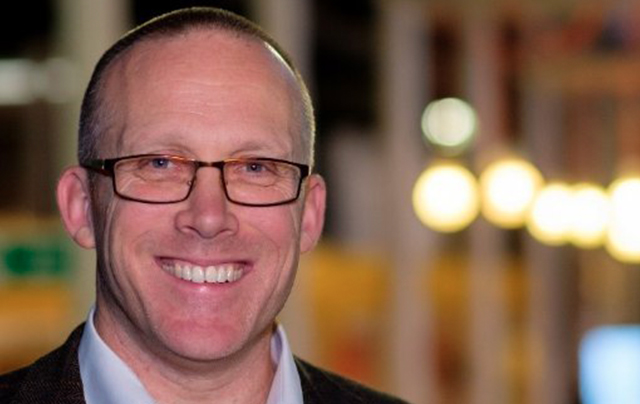Last week I supported Quartet Community Foundation and The University of Bristol’s Digital Futures Institute where we brought together a rich selection of technology leaders from Bristol & Bath, community actors and active “philanthropists”.
This blog reflects my opening gambit to that conversation.
I suggest that philanthropy can take many forms, and will change. And continue to change.
We live in an increasingly complex world, not least becasue of the rapid increase in pace of change of technology.
But also the increasing understanding that we have to do things differently. And that so many things are interdependently.
We know there are inequalities in our society but I think the days of simply giving money to other people to sort those out, are gone.
We all have a common interest in our digital future, our collective digital wellness in that future and the society and economic environment we live in, so making that a fairer place benefits us all.
Whether that’s about a talent pipeline to fuel growth of businesses – and the diversity of that talent to make better businesses – or because spending less tax on the ‘sticking plaster’ approach to the welfare state that we perpetuate.
I am keen to see us explre creative ways of leaning in to make Bristol & Bath a better place for everyone, and I believe that the tech sector has both a role and a responsibility to take a lead on that – and benefit from doing so.
We had an interesting dicussion but it was clearly only part of the journey. We heard some really levelling stories about the reality of disparity in the city-region.
One of the ideas that was shared, which I loved, was an example in California, where a business poses a technical challenge to it’s workforce and invites ANONYMOUS responses to that. The beauty of that is that you remove the risk of ideas being dismissed because they’ve come from someone who you wouldn’t expect to be able to know ‘the answer’ and empowers people, who feel they shouldn’t ‘know the answer’ to contribute. Apparently that’s been very successful. Just imagine if we enabled that in the city? Businesses (or other organisations) pose challenges to schools and citizens, anonymously, for the poster of the problem to then take on board those ideas. If adopted, there’s a path back to the creator and due credit given. Extend that to adopting the brilliant SBRI modelthat then funds the funnel of innovation and you have yourself a system that enhances the innovation (and thus eocnomic growth) of businesses, demonstrates the value of diversity (in any way you want to describe it) in creativity and raises the confidence of communities in being able to contribute to real-world problems. Now, there’s a bit more work to do to put that into place, but it’s an example of thinking differently about how we behave generously.



